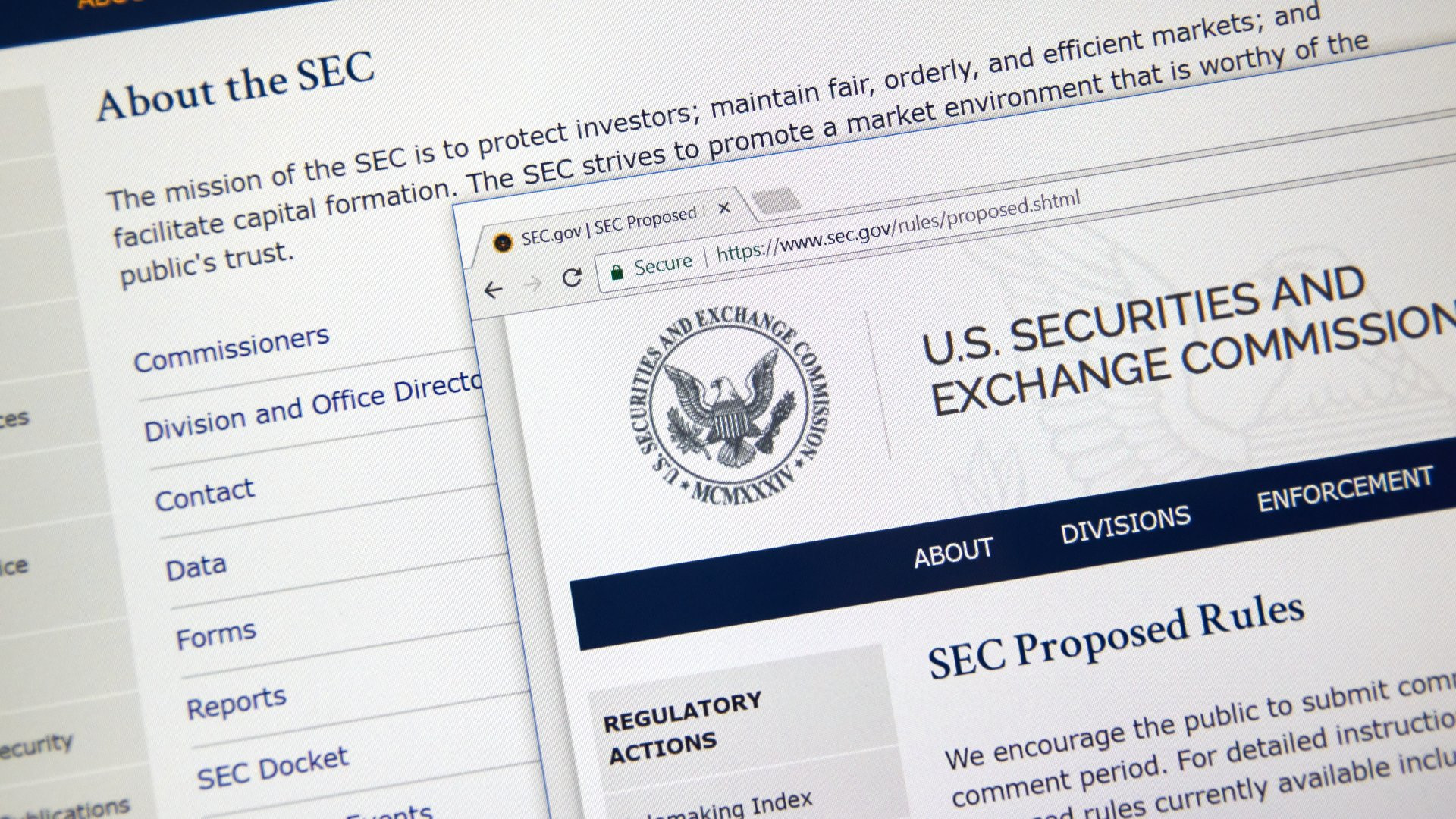This year, the majority of the crypto community had hoped for the Securities and Exchange Commission to have a more lenient approach as far as Bitcoin ETFs are concerned. That came after several companies applied for the same at the beginning of the year. Among them included Valkyrie, VanEck, Grayscale, Teucrium, and Global X, among others.
However, the SEC has only approved one of the ETFs so far (Teucrium BTC Futures ETF), smothering the growing expectations in the crypto market. Recently, Grayscale announced on a Twitter post the SEC’s rejection of its spot Bitcoin ETF. The renowned Wall Street investor wishes to convert its Grayscale Bitcoin Trust (GBTC) to a spot ETF.
While the crypto markets continue to crash, many anticipated that the possible SEC’s approval of Grayscale’s request would be the boost the markets needed. The rejection injected panic into an already fragile market, causing a 5% plunge in the coin. Bitcoin prices are now swinging around $19 200, with the future outlook remaining bearish.
Currently, it seems that these expectations will have to wait longer before coming to fruition. It also marks yet another spot Bitcoin ETF besides Bitwise, that has been rejected this year by the commission, solidifying its long-witnessed stand against ETFs. The main question is why it is still an issue on the commission’s side to approve spot ETFs and how it hopes to solve the underlying problem.
Why the SEC Stands Against Spot ETFs
Grayscale, according to predictions, had the best chance at getting the SEC’s approval. Nonetheless, the commission expressed that the company failed to meet the requirements of Section 6 (b) (5) of the Securities and Exchange Act of 1934. According to the SEC, Grayscale failed to meet the standards required against market manipulation and fraud and availing of a surveillance-sharing agreement.
These, among other reasons, including spot ETFs depending on Bitcoin’s price instead of an index, are what make the SEC stand against the ETFs. For this reason, the commission is more likely to approve futures ETFs, similar to CME Futures under the stock exchange.
Furthermore, it insists on the lack of clear regulatory compliance of the crypto markets makes it harder for the commission to have faith in their legality. So far, most exchanges have not registered with the SEC, ranking them as non-national security exchanges. The SEC may also have concerns about exchanges outside their jurisdiction as they will not be regulated by the body.
Therefore, the commission is urging the CFTC (the body regulating Bitcoin and other commodities), to find proper regulations for the coin. In that case, these steps and the combined efforts of other regulatory bodies will pave way for spot ETFs’ acceptance.
The Possible Outlook
Grayscale has resulted in filing a petition against the SEC’s ruling against its spot ETF. Nonetheless, other parties view this move as a futile effort. Possibly, with clearer regulations surrounding the crypto market, the SEC might be more open to spot ETFs. Moreover, the current conditions may push exchanges to register with the commission to open more doors. All the same, expectance for the better has not been extinguished yet.
Follow us on Twitter @themerklehash to stay updated with the latest Crypto, NFT, AI, Cybersecurity, and Metaverse news!
Image Source: sasha85ru/123RF

